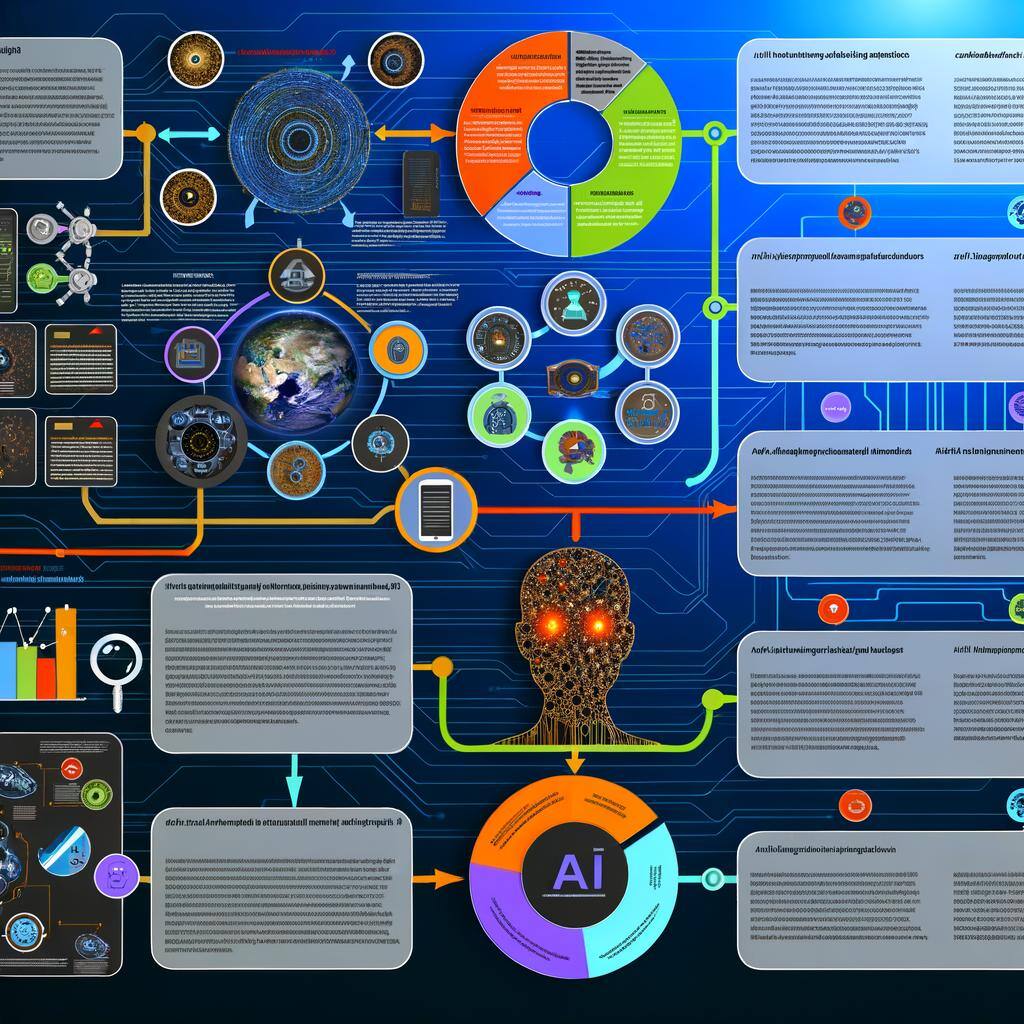SAP Making our lives a lot easier
But what is SAP C/4HANA?

Discover how integrating AI-powered applications can transform your business operations and drive innovation.
Artificial Intelligence (AI) has rapidly evolved from a futuristic concept to an essential business tool. Understanding the basics of AI involves grasping concepts such as machine learning, natural language processing, and neural networks. By leveraging these technologies, businesses can automate routine tasks, gain deeper insights from data, and provide personalized customer experiences.
The impact of AI on business is profound. It can significantly enhance efficiency, reduce operational costs, and open new revenue streams. For instance, AI-powered analytics can uncover trends and patterns that are not immediately obvious, assisting in strategic decision-making. Embracing AI can provide a competitive edge, helping companies to innovate and stay ahead in the market.
To successfully implement AI apps in your workflow, start by identifying specific business problems that AI can solve. Conduct a thorough needs assessment to prioritize areas where AI can offer the most value. It's crucial to have a clear understanding of your goals and how AI can help achieve them.
Next, develop a roadmap for integration. This includes building a cross-functional team with AI expertise, setting realistic timelines, and allocating resources. Pilot projects can be a great way to test the waters before a full-scale implementation. Continuous monitoring and iteration are key to refining AI applications and ensuring they deliver the expected benefits.
Several technologies and tools are essential for developing AI-powered applications. Programming languages like Python and R are commonly used due to their robust libraries and frameworks. TensorFlow, PyTorch, and Keras are popular frameworks for building and training machine learning models.
Additionally, cloud-based platforms such as Google AI Platform, AWS Machine Learning, and Microsoft Azure AI provide scalable infrastructure and tools for AI development. These platforms offer pre-built models, data processing capabilities, and deployment options, making it easier for businesses to develop and integrate AI solutions.
Developing AI applications comes with its own set of challenges. One common hurdle is data quality and availability. AI models rely on large datasets for training, and ensuring the data is accurate, relevant, and free from bias is critical. Investing in data management and preprocessing can mitigate these issues.
Another challenge is the integration of AI into existing systems. Seamless integration requires compatibility and may involve re-engineering legacy systems. Security and ethical considerations also play a significant role; businesses must ensure that AI applications comply with data privacy regulations and ethical standards. Addressing these challenges head-on can pave the way for successful AI adoption.
Examining real-world case studies can provide valuable insights into the successful integration of AI apps. For example, a retail company implemented an AI-powered recommendation engine that increased online sales by 20%. By analyzing customer behavior and purchase history, the AI system provided personalized product suggestions, enhancing the customer experience and boosting sales.
In another case, a healthcare provider used AI to predict patient admissions, optimizing staff allocation and reducing wait times. The predictive model analyzed historical data and identified patterns, enabling the provider to anticipate demand and improve resource management. These examples highlight the transformative potential of AI when effectively integrated into business processes.

Nate Silver rose to fame for his statistical model that predicted performance for Major League Baseball players. Since then, he has used his analytic...

April 4, 2018 by Lorna Stearns, Greg Selke